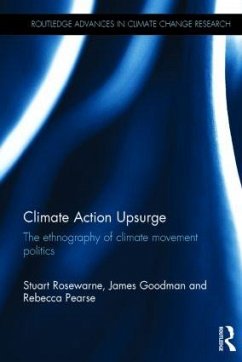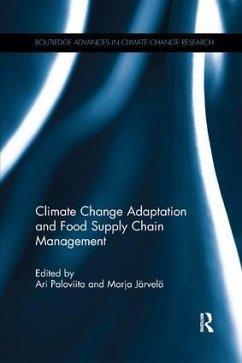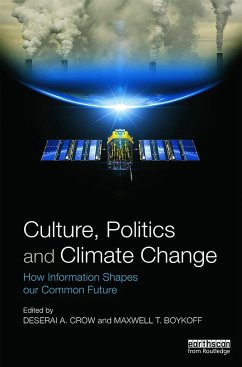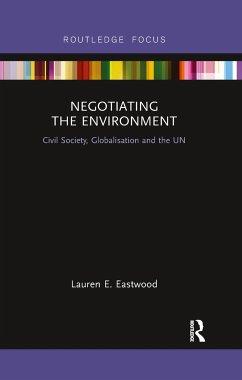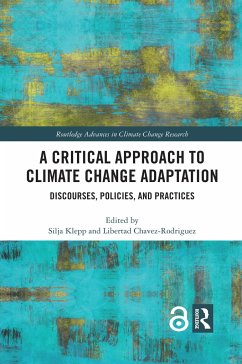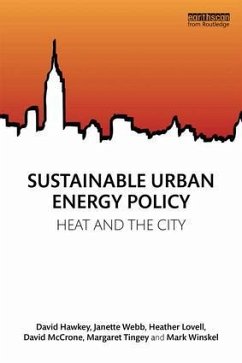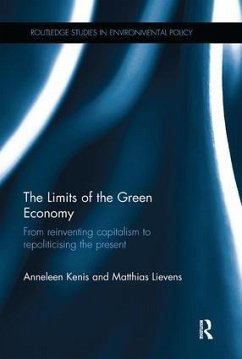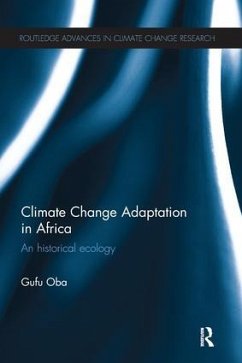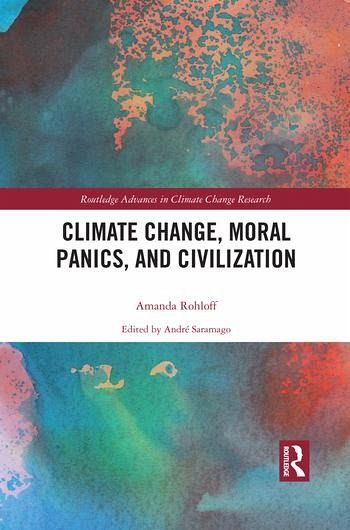
Climate Change, Moral Panics and Civilization

PAYBACK Punkte
24 °P sammeln!
In recent years, interest in climate change has rapidly increased in the social sciences and yet there is still relatively little published material in the field that seeks to understand the development of climate change as a perceived social problem. This book contributes to filling this gap by theoretically linking the study of the historical development of social perceptions about 'nature' and climate change with the figurational sociology of Norbert Elias and the study of moral panics.By focusing sociological theory on climate change, this book situates the issue within the broader context...
In recent years, interest in climate change has rapidly increased in the social sciences and yet there is still relatively little published material in the field that seeks to understand the development of climate change as a perceived social problem. This book contributes to filling this gap by theoretically linking the study of the historical development of social perceptions about 'nature' and climate change with the figurational sociology of Norbert Elias and the study of moral panics.
By focusing sociological theory on climate change, this book situates the issue within the broader context of the development of ecological civilizing processes and comes to conceive of contemporary campaigns surrounding climate change as instances of moral panics/civilizing offensives with both civilizing and decivilizing effects. In the process, the author not only proposes a new approach to moral panics research, but makes a fundamental contribution to the development of figuration sociology and the understanding of how climate change has developed as a social problem, with significant implications regarding how to improve the efficacy of climate change campaigns.
This highly innovative study should be of interest to students and researchers working in the fields of sociology, environment and sustainability, media studies and political science.
By focusing sociological theory on climate change, this book situates the issue within the broader context of the development of ecological civilizing processes and comes to conceive of contemporary campaigns surrounding climate change as instances of moral panics/civilizing offensives with both civilizing and decivilizing effects. In the process, the author not only proposes a new approach to moral panics research, but makes a fundamental contribution to the development of figuration sociology and the understanding of how climate change has developed as a social problem, with significant implications regarding how to improve the efficacy of climate change campaigns.
This highly innovative study should be of interest to students and researchers working in the fields of sociology, environment and sustainability, media studies and political science.





